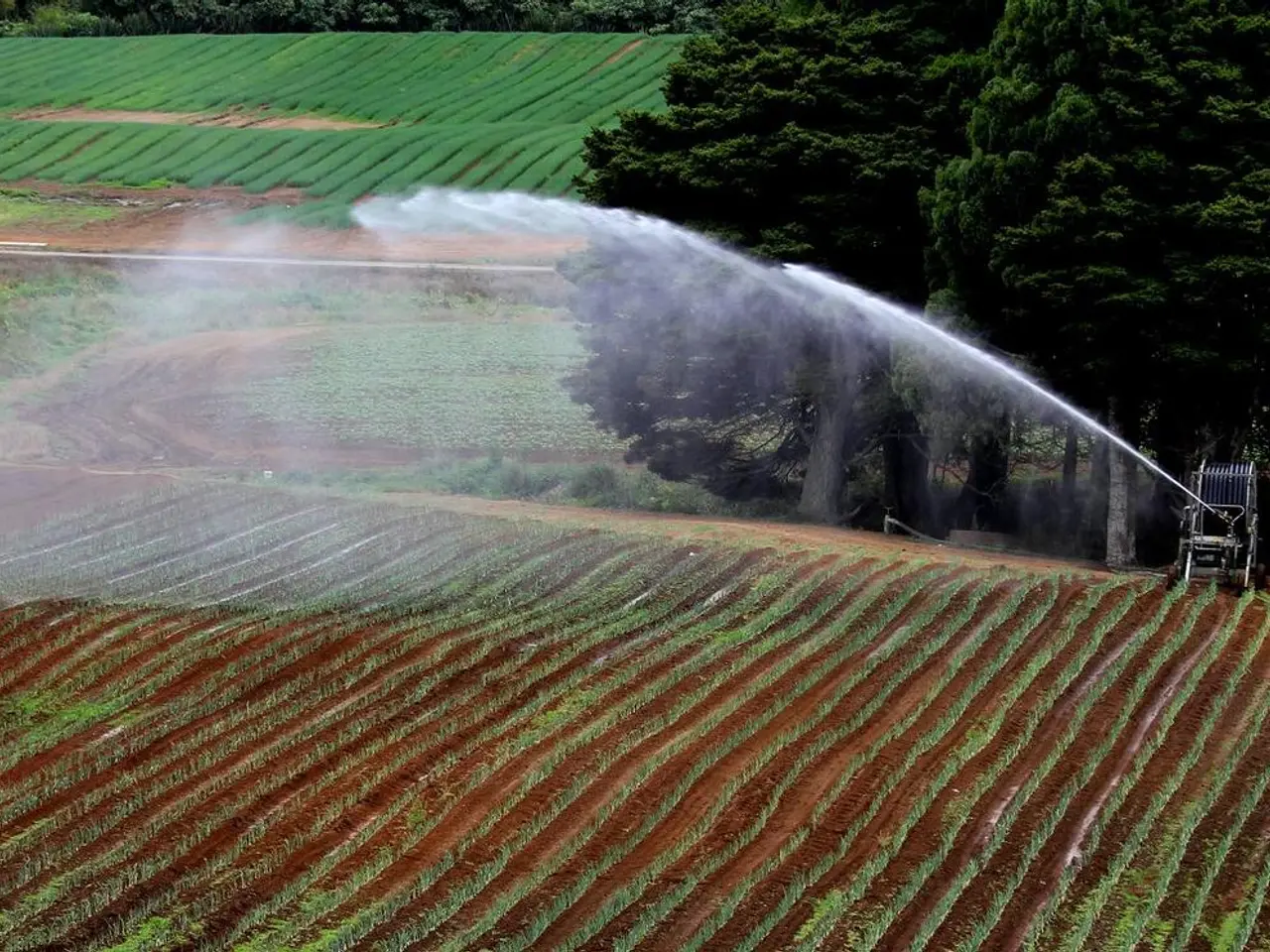Africa's Leading Cashew Nut Producers in 2025
West Africa is witnessing a significant surge in cashew production, with countries like Côte d'Ivoire, Tanzania, and Benin leading the way.
Côte d'Ivoire, the continent's largest cashew producer, is expected to produce around 1.15 million tonnes of cashew nuts by the end of 2025, marking a 20% increase from the previous year. Tanzania's cashew production is projected to reach 408,600 metric tons by the same year.
Benin, another major player, is anticipating a harvest of 225,000 tonnes by the end of 2025, representing an 11.9% rise from 2023. The country's export revenue rose to $110 million in 2023, largely from semi-processed kernels destined for Europe and Asia.
Guinea, with an estimated annual production of over 150,000 t as of 2024, is also making strides in the industry. However, the country lacks the necessary agro-industrial infrastructure to process cashews at scale. The government's 2025-2030 agricultural vision includes cashew processing zones and calls for investment from West African banks and ECOWAS partners to upgrade the domestic value chain.
The Democratic Republic of Congo (DRC) is a rising cashew producer with significant untapped potential. If stability and policy consistency are maintained, the DRC is projected to grow by 40% annually through 2030. The government plans to support cashew nut production development by investing in modern agricultural techniques, improving infrastructure, providing training and support to farmers, and promoting sustainable farming practices to increase production between 2025 and 2030.
Ghana, known for its steady expansion in the cashew industry, produced approximately 200,000 t in 2022. The country aims to process at least 50,000 tonnes/year locally by 2027. Over 90% of Ghana's cashew output is still exported raw, primarily to India and Vietnam.
Mozambique's cashew production is estimated at 110,000-115,000 mt in 2024, but most of the crop is exported raw. Guinea-Bissau exports approximately 200,000 mt of raw cashew in 2023, but domestic processing is nearly non-existent.
Burkina Faso's cashew sector supports around 65,000 rural households and produces around 130,000-140,000 mt annually, but most exports are raw nuts sent to Asia.
Analysts believe Guinea could capture 4x more revenue with modest investments in shelling and packaging units. The Glo-Djigbé Industrial Zone (GDIZ) in Benin, set to handle 150,000 t/year, is one of West Africa's largest agro-industrial zones.
Africa accounts for more than 55% of the world's raw cashew nut production into 2025. The majority of the continent's cashew harvest is exported unprocessed, often through informal routes. Purchase prices for cashew nuts are increasing in some regions across the continent, with Côte d'Ivoire setting a price of 425 CFA francs (approximately $0.66) per kilogram for 2025.
Africa's cashew production is projected to increase significantly, with Côte d'Ivoire, Tanzania, Nigeria, Benin, Democratic Republic of Congo, Mozambique, Guinea-Bissau, Burkina Faso, and others leading the way. The continent's cashew industry is poised for growth, with governments and investors focusing on upgrading domestic value chains and promoting sustainable farming practices to maximise revenue and create jobs in rural areas.








